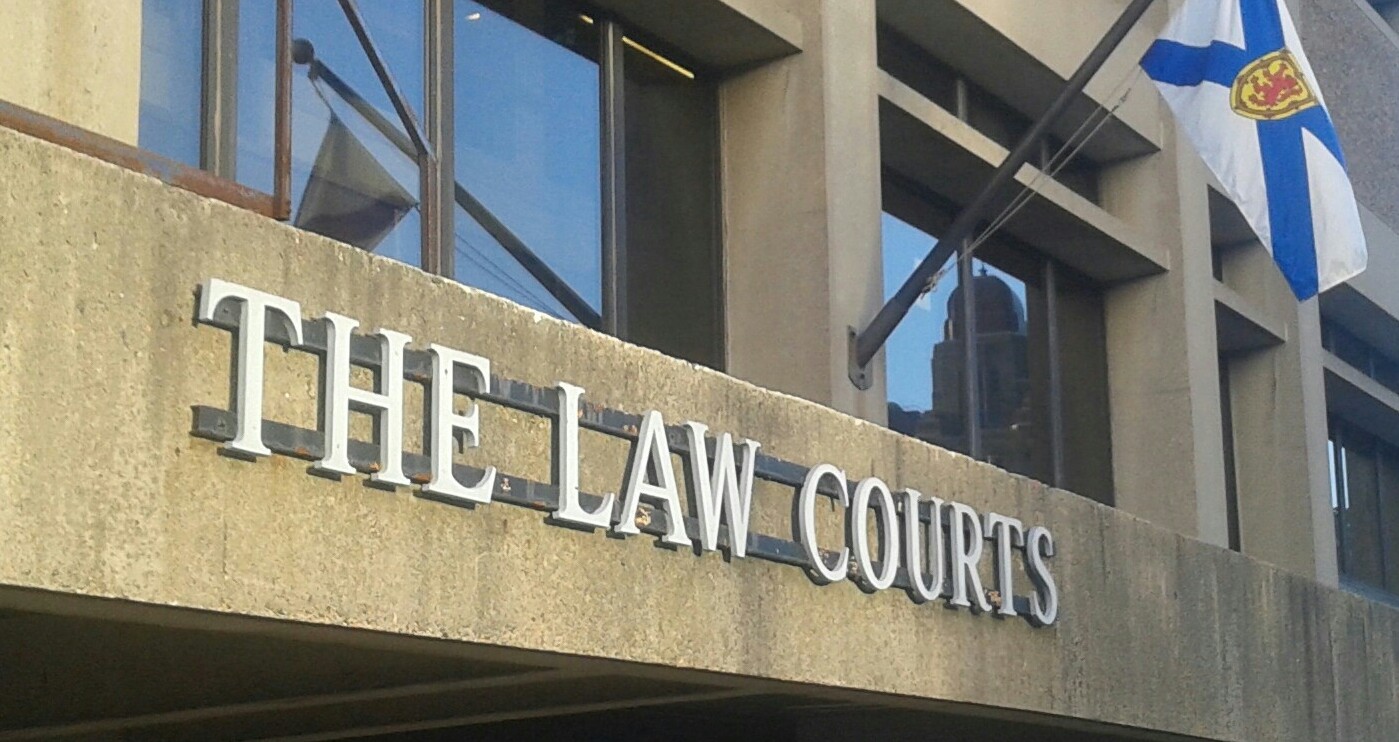Crime
Michelle Marie Francis assault case heard by Court of Appeal
Former sex worker stabbed john to prevent sexual assault, lawyer argues

caption
The Nova Scotia Court of Appeal heard Paul Wayne Simpson's case in the Halifax Law Courts.
caption
Francis’s case was heard at the Nova Scotia Court of Appeal on Wednesday.The Nova Scotia Court of Appeal has heard the case of Michelle Marie Francis, a former sex worker convicted of stabbing a man who had hired her.
Francis, 35, stabbed Douglas Barrett in the back in September 2015. She was convicted of assault causing bodily harm and sentenced in April 2017 to 300 days in jail, but was credited for time served before her trial. She is now completing two years of probation.
Roger Burrill, Francis’s lawyer, argued in appeal court Wednesday that the original trial judge, Alain Bégin, made an unreasonable verdict. He hopes the appeal will result in an acquittal for Francis.
“We talk about how the system is protecting people from sexualized violence,” Burrill said in an interview after the hearing. “Well, how effective is it if you get convicted of a violent criminal offence?”
Francis was a sex trade worker in Sydney who was hired in 2015 by Barrett. She was addicted to drugs at the time, and he offered her both drugs and money to stay at his residence overnight. At one point she denied his sexual advances. She got a knife from his kitchen and the next morning, when he made further advances, she stabbed him, puncturing his lung.
Burrill argued in court that Francis stabbed Barrett to prevent a sexual assault and should be protected under section 34 of the Criminal Code of Canada, which safeguards people acting in self-defence.
Burrill argued that the trial judge put too much onus on Francis to remove herself from the situation, even though Bégin acknowledged that Barrett was preying on a vulnerable person.
Burrill said that Francis was “drug-addled” and could not be faulted for remaining in Barrett’s house before he attacked her. He said it was clear that she felt threatened, so she chose to arm herself. In that moment, Burrill said, stabbing the man was a legitimate method of protecting herself.
The Crown, represented by Timothy O’Leary, agreed that while a sexual attack had occurred, the method Francis chose to defend herself was not reasonable. He argued that it was important for the trial judge to consider the fact that Francis had more than one opportunity to leave the residence.
O’Leary said in court that the law “does not ask if the act was reasonable at the time it occurred, but asks if the act was reasonable in the circumstances.”
He argued that the amount of force used in stabbing someone so that their lung punctures was disproportionate in the situation. He also pointed out that Barrett was an unarmed 77-year-old and it would’ve been possible for Francis to escape the situation by “brandishing the knife.”
“This could have been solved without any violence,” said O’Leary.
Appeal court Justices Joel E. Fichaud, Linda Lee Oland and Peter M.S. Bryson have reserved their decision on Francis’s appeal.
